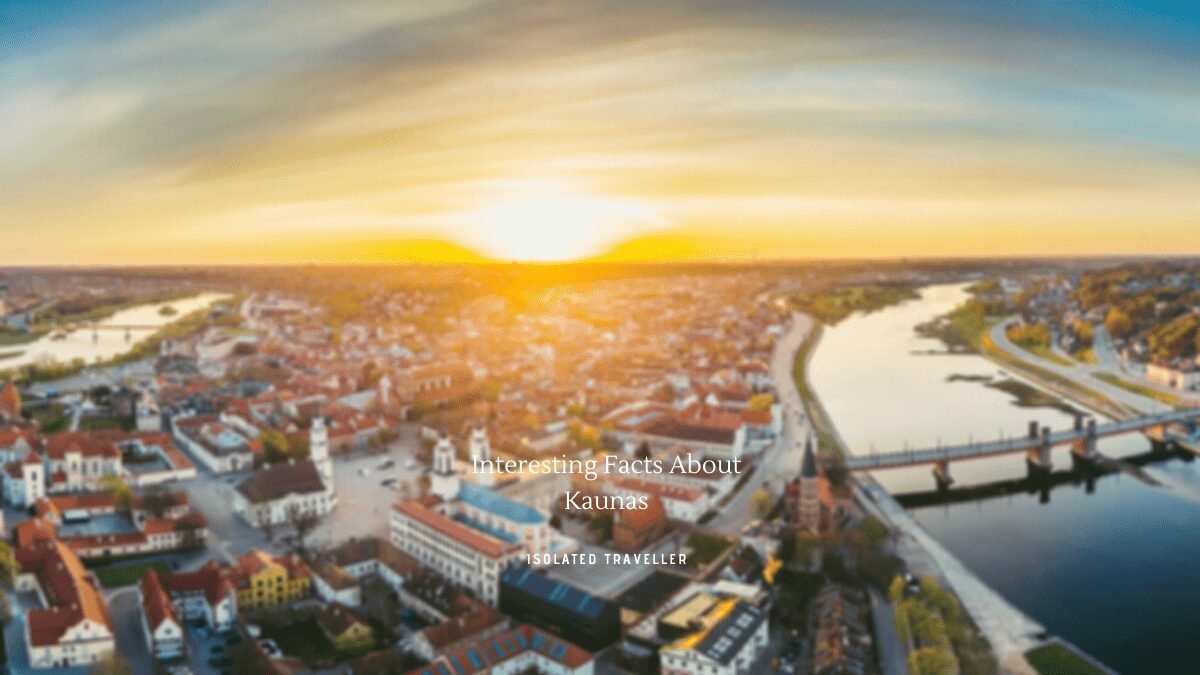Facts About Kaunas
-
The city’s name is of Lithuanian origin and most likely derives from a personal name. Before Lithuania regained independence, the city was generally known in English as Kovno, the traditional Slavicized form of its name.
-
On 30 June 1993, the historical coat of arms of Kaunas city was re-established by a special presidential decree
-
An old legend claims that Kaunas was established by the Romans in ancient times. These Romans were supposedly led by a patrician named Palemon, who had three sons: Barcus, Kunas and Sperus.
-
A settlement had been established on the site of the current Kaunas old town, at the confluence of two large rivers, at least by the 10th century AD.
-
Kaunas is first mentioned in written sources in 1361 when the brick Kaunas Castle was constructed.
-
The city covers 15,700 hectares. Parks, groves, gardens, nature reserves, and agricultural areas occupy 8,329 hectares.
-
On 23 September 2018, Pope Francis visited Kaunas’ Santakos Park as part of a tour of the Baltic states.
-
A minor planet 73059 Kaunas, discovered by Lithuanian astronomers Kazimieras Černis and Justas Zdanavičius, in 2002, is named after the city of Kaunas.
-
HBO’s miniseries Catherine the Great, featuring Helen Mirren, was also filmed in the Pažaislis Monastery in Kaunas.
-
Kaunas is one of the host cities for the 2020 FIFA Futsal World Cup.
-
Kaunas is the second-largest city in Lithuania after Vilnius and an important centre of Lithuanian economic, academic, and cultural life.
-
Kaunas was the biggest city and the centre of a county in the Duchy of Trakai of the Grand Duchy of Lithuania and Trakai Palatinate since 1413.
-
Kaunas is located at the confluence of the two largest Lithuanian rivers, the Nemunas and the Neris, and is near the Kaunas Reservoir, the largest body of water in the whole of Lithuania.
-
The Population of Kaunas is 295,269, as of 2016.
-
Kaunas has been selected as the European Capital of Culture for 2022, together with Esch-sur-Alzette, Luxembourg.
Facts About Kaunas


